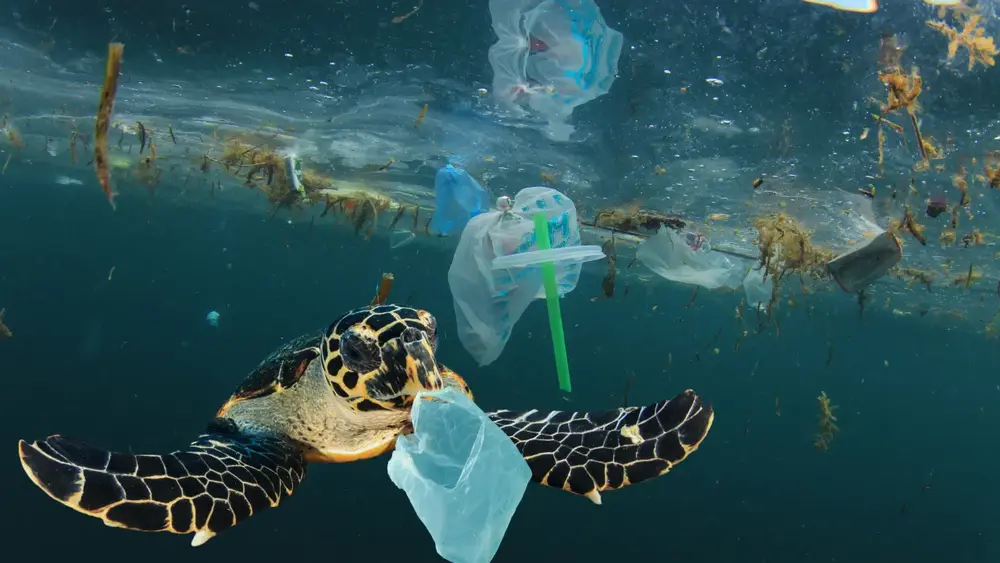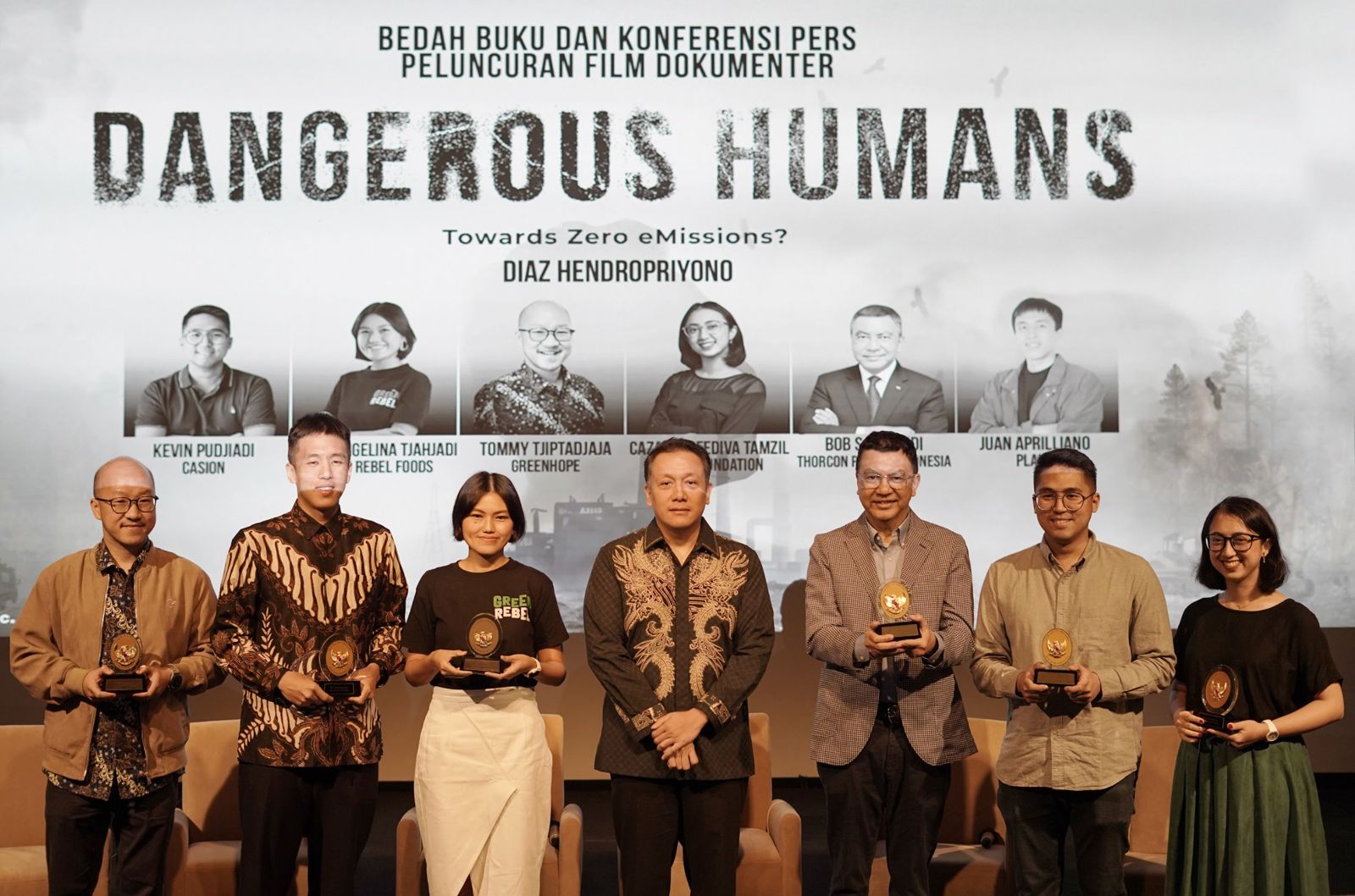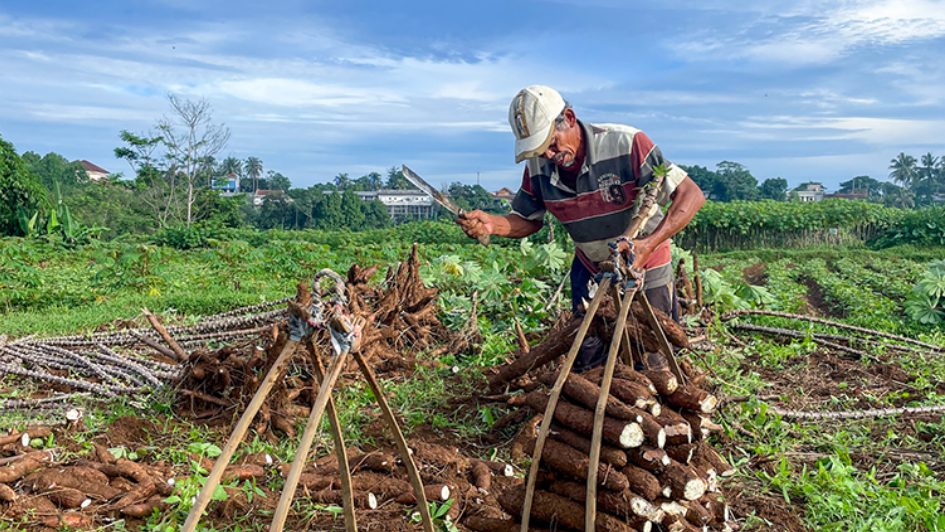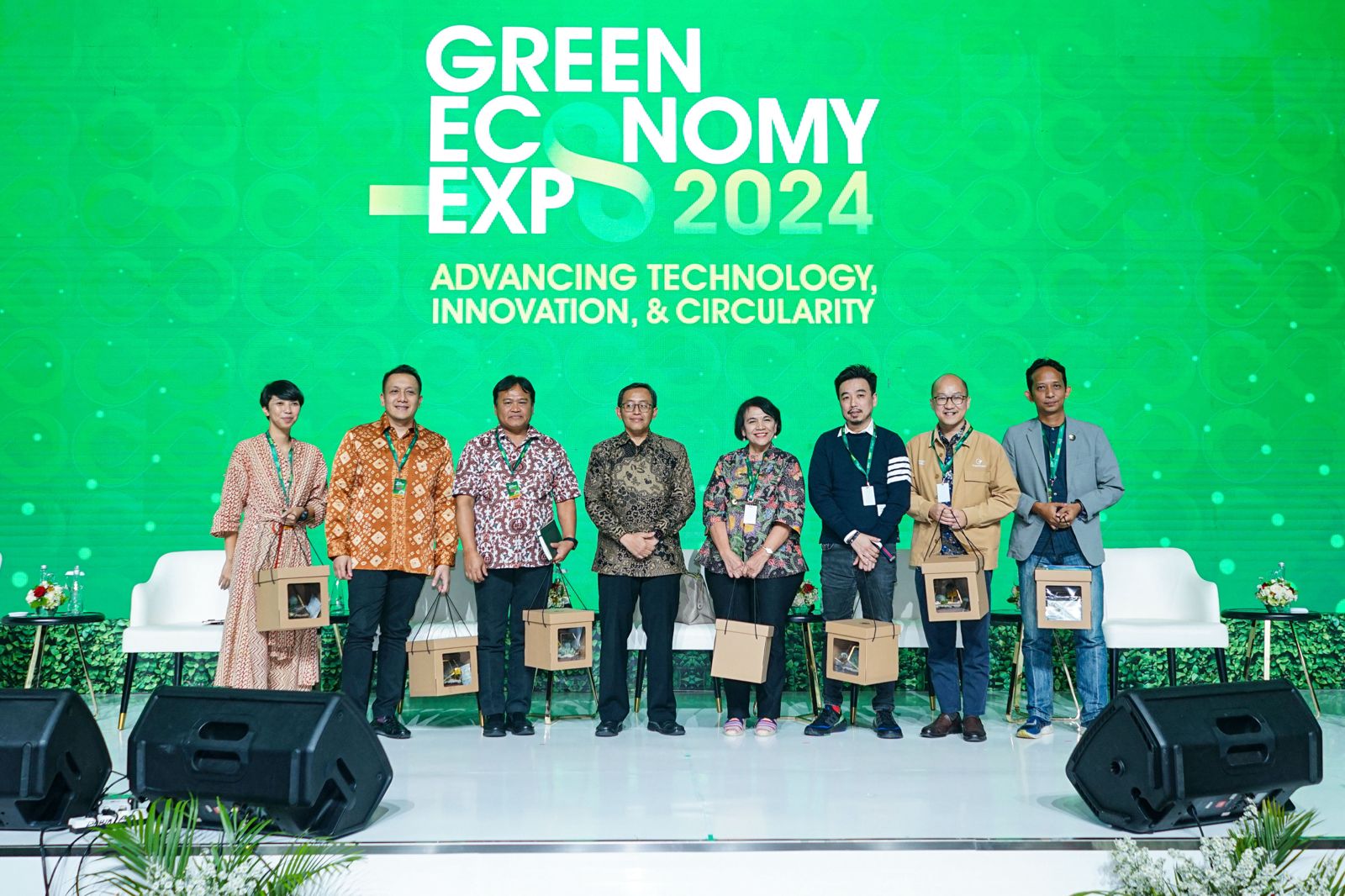Partnering in Southeast Asia: Four Reasons Why Diplomacy Matters in Science
Monday, 10 April 2023
- IF OUR REGION THRIVES, SO DO WE
The Asia Pacific is home to about 60 per cent of the world’s population with the world's fastest growing economies. Indonesia, the world’s fourth most populous country and 10th largest economy (in terms of purchasing power parity) has aptly picked the theme “Epicentrum of Growth” as the 2023 ASEAN (Association of Southeast Asian Nations) Chair. It also boasts the second highest level of biodiversity in the world. As set out in its National Circular Economy Roadmap: 2025–2029, a greener and more circular economy is critical in protecting its unique biodiversity and a rapidly growing population of some 270 million people. Indonesia’s success in realising its sustainable economic development goals matters to Australia. As neighbours, we are connected. We always have been. Our past and futures are deeply entwined. Together, our two counties share a maritime border with vibrant trade and unique marine life. Among this marine life is the southern bluefin tuna. A species only spawning in the tropical waters of Bali, Java and Western Australia contributing about $91 million to Australia’s commercial fishing revenue. This tuna is a food source and livelihood for many. It's just one reason why we must work alongside our neighbours to safeguard our invaluable shared ecosystems. Bluefin tuna is a species only spawning in the tropical waters of Bali, Java and Western Australia. It contributes about $91 million to Australia’s commercial fishing revenue.
- IN THE NATURAL WORLD, BORDERS DON’T EXIST
The southern bluefin tuna swimming freely in the ocean remind us that in the natural world, borders don’t exist. That's why our programs throughout Southeast Asia disrupt conventional notions of borders. Plastic waste, pests and disease don't see boundaries. They don’t have passports. They move at rapid rates. And, without proper management, can have devastating consequences. But if we understand and partner with our regional neighbours, collectively we can use innovation, science, and technology to shape a more sustainable and prosperous world.
- ENDING PLASTIC WASTE IS AN URGENT, GLOBAL CHALLENGE
One of our missions is to end plastic waste. We have a goal to achieve an 80 per cent reduction in plastic waste entering the Australian environment by 2030. In response to this global challenge, we created the Indo-Pacific Plastic Innovation Network (IPPIN). This collective of researchers, innovators and investors are redefining the life cycle of plastic from production to recycling. Through multi-sector partnerships, IPPIN is supporting entrepreneurs across the region to change plastic problems into profitable and sustainable solutions. One example is Greenhope, an Indonesian start-up supported by IPPIN, who have developed technology that utilises cassava starch to produce commercialised biodegradable bioplastic packaging. Since their venture began, Greenhope has successfully replaced 12 billion pieces of conventional plastic into biodegradable plastic and improved the welfare of 179 Indonesia cassava farmers. Less plastic pollution entering our oceans will lead to better health outcomes for all. This includes the southern bluefin tuna and other marine species swimming between Australian and Indonesian waters.
-
BIOSECURITY PREPAREDNESS
Fall Armyworm, an insect posing a major threat to crops, was first detected in north Queensland, the Northern Territory and Western Australia in 2020. This very hungry caterpillar has a taste for maize and sweet corn and can survive on a wide range of plants. Unfortunately this pest is now established across Southeast Asia and Australia and has been reported in New Zealand and across the Pacific Islands. It has become a regional problem, requiring regional solutions. Recent Fall Armyworm research, led by us and published in Nature, identified our region as a biosecurity hotspot. This further underscores the critical need for collective collaboration in addressing biosecurity threats. This is why we now host the Secretariat of the ASEAN Fall Armyworm & Integrated Pest Management Action Plan. This Action Plan brings together stakeholders from across the region to build a proactive strategy for monitoring and managing Fall Armyworm, other plant pests and diseases to adequately monitor and plan for future biosecurity threats.
.



